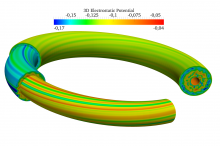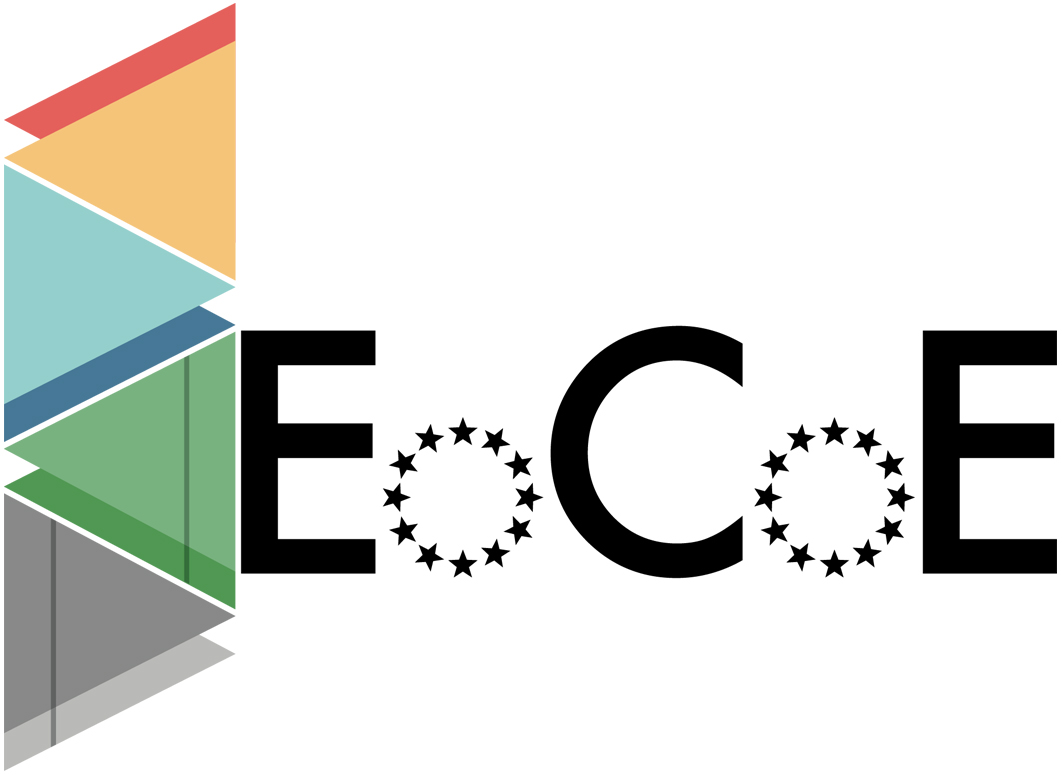Tokamak Physics. IRFM (Research Institute on Magnetic Fusion) develops a set of ab-initio codes dedicated to Tokamak modelling. These codes describe a set of major phenomena that take place inside Tokamaks: instabilities, turbulent transport, plasma-wall interaction, and heating. These codes are crucial to develop the expertise and skills in hot plasma physics as well as in applied mathematics and computer science that are mandatory to prepare the operation of the large ITER Tokamak currently being built (http://www.iter.org). Realistic models, simulations and highly parallel algorithms are a key point in dealing with such challenges because of the huge range of temporal and spatial scales involved. Regarding transport, a so-called gyrokinetic code named GYSELA, is being developed. This high-performance code is adapted for supercomputer and its runtime scales quite well with the number of processors up to tens of thousands cores. Accelerated progress on this critical issue is especially important for ITER, because the size and cost of a fusion reactor are determined by the balance between 1) loss processes and 2) self-heating rates of the actual fusion reactions. EoCoE project and the systematic code auditing procedure implemented during the EoCoE workshop has largely contributed to the improvement of GYSELA performance. New horizon has been opened for Gysela through the test of very novative techniques such as BOAST (Bringing Optimization Through Automatic Source-to-Source Transformations, developed by INRIA project-team CORSE). These new approaches are very promising to easily port the code to new exascale architecture. Without the help of the EoCoE network, engaging in these new paths would be much more difficult.”
Home > Success Stories > Without the help of the EoCoE network, engaging in these new paths would be much more difficult

